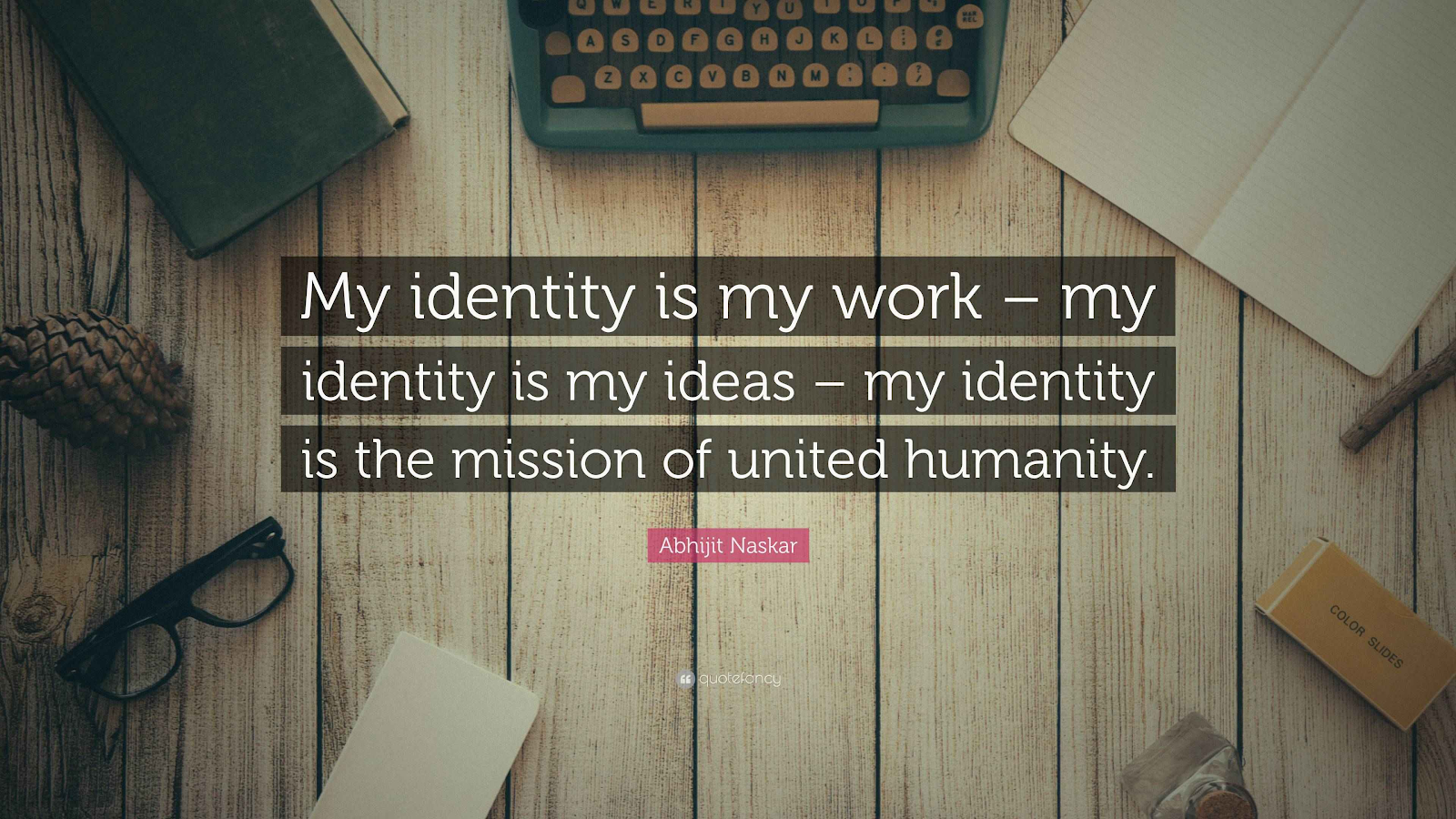Why HR Life Is Getting More Hectic Day by Day — And How It’s Eating Into Our Personal Lives
I wanted to work with people, not drown in policies and paperwork." — An exhausted HR manager from Dhaka summed it up perfectly.
HR used to be the "people’s department" — all about connection, care, and culture. Fast forward to 2025, and many HR professionals feel more like corporate firefighters, constantly putting out policy, performance, and people-related fires, often at the cost of their own peace and personal life.
So, why has HR become so hectic? What’s changed? And most importantly, is there a way out?
📈 The Pressure Is Real: Numbers Don’t Lie
According to a 2023 LinkedIn Workplace Report, HR professionals are facing:
-
A 38% increase in workload compared to pre-pandemic levels.
-
59% report burnout symptoms, higher than any other corporate function.
-
72% feel they’re not equipped with enough tech/tools to manage the growing expectations.
In Bangladesh, with the rise of remote work, compliance issues, and rapid hiring drives in tech, RMG, and startup sectors — HR teams are constantly under pressure to do more with less.
🧨 What’s Making HR Life So Stressful?
1. Always-On Culture
Thanks to Slack, WhatsApp, and work-from-anywhere setups, HR folks are expected to be available 24/7 — handling everything from leave requests to harassment complaints even on weekends.
"We deal with people problems, and people don’t work 9 to 5."
2. Role Explosion
Earlier HR roles were split: recruitment, L&D, payroll, etc. Now, one person is expected to juggle compliance, crisis management, DEI, mental health, layoffs, and employee engagement — all while staying upbeat.
3. Emotional Labor
Unlike finance or IT, HR deals with human emotions. From calming down an angry employee to managing exit interviews or layoffs — it's emotional draining, often without support.
4. Lack of Appreciation
While HR drives company culture and morale, they often get little credit. As per a Harvard Business Review article (2022), HR is "seen as necessary but not strategic" in many organizations, especially in South Asia.
💔 Impact on Personal Life
-
Long hours → Less family time.
-
Burnout → Mental and physical health issues.
-
No emotional off-switch → Carrying work stress home.
-
Guilt → Many HR pros feel they’re helping others while their own lives spiral.
A survey by SHRM (Society for Human Resource Management) in South Asia in 2022 found that 43% of HR professionals in Bangladesh and India experience work-induced insomnia, and 1 in 3 have thought of quitting due to stress.
🛠️ Is There a Way Out? Yes, But It’ll Take Courage
✅ 1. Digital Tools & Automation
Use HRMS systems, chatbots, and AI to reduce repetitive tasks. Tools like Zoho People, BambooHR, and Daraz’s internal HR bot have reportedly saved 20+ hours/month per HR staff.
“Automate the admin, humanize the real stuff.” – HR Tech Summit, Singapore, 2023
✅ 2. Boundary Setting
Implement HR blackout hours — no calls or Slack after 7 PM unless urgent. Advocate for HR wellness days.
✅ 3. Mental Health Support — for HR too!
HR creates wellness policies for others, but forgets themselves. Companies should offer therapy, peer support groups, or HR-only safe spaces.
✅ 4. Delegation & Team Expansion
If the business is growing, HR should too. Advocating for team expansion isn’t selfish — it’s sustainable.
✅ 5. Reclaiming the “Human” in HR
Instead of just firefighting, HR should be allowed time to strategize, connect, and build meaningful culture. That’s what prevents burnout and builds real impact.
✨ Final Thoughts
HR professionals are the silent guardians of workplace harmony. But who guards the guardians?
It’s time to prioritize the wellbeing of HR teams, because without them, organizations lose their heart. If you're an HR pro feeling overwhelmed, know this: you’re not alone, and it’s okay to step back and breathe. Your peace matters too.




Comments
Post a Comment